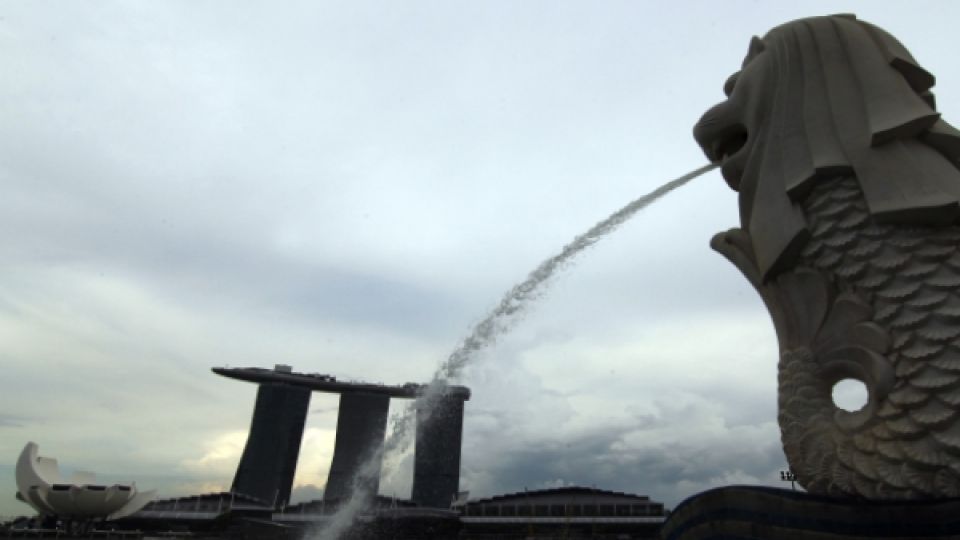September 24, 2019
The statement comes after global climate protests.
Singapore will do its full part to mitigate climate change, Prime Minister Lee Hsien Loong pledged on Monday (Sept 23) at the United Nations Climate Action Summit, where dozens of world leaders outlined what their countries were doing to confront global warming.
“But however hard we try, Singapore will not be able to stop climate change on our own. Thus, we are cooperating with other countries on this common endeavour,” he said in a speech at the global conference in New York, where he will be until Friday.
Singapore, like many small island states, is vulnerable to the effects of global warming such as rising sea levels, said PM Lee. He issued the same grave warning as he did in his National Day Rally speech in August, saying: “For us, climate change is existential.”
Throughout the day, world leaders laid out in brief speeches what they were doing, from achieving carbon neutrality to cutting greenhouse emissions, to fight what UN Secretary-General Antonio Guterres called a climate crisis.
PM Lee noted that Singapore pledged to peak its carbon emissions in around 2030, and will be switching to a cleaner fuel mix and using cleaner energy solutions.
Being small and very urbanised, Singapore is at a disadvantage when it comes to alternative energy sources, he said. Some, like wind turbines to produce electricity, require a lot of land.
But it has developed creative solutions within these constraints, said PM Lee, citing large-scale solar panels that float in Singapore’s reservoirs and just off its shores.
Singapore is also making its physical and transport infrastructure more green, and is aiming for 80 per cent of buildings in Singapore to have energy-saving features by 2030.
It also wants 90 per cent of peak hour commutes to be via public, active mobility and shared transport by 2040.
Singapore is working together with other countries on several climate change-related schemes, said PM Lee. He cited the Southeast Asia Disaster Risk Insurance Facility, which provides flood risk pooling for the region and is supported by Japan and the World Bank, among other examples.
“Climate change is the ultimate global commons challenge,” he said, calling on fellow leaders to redouble their efforts to mitigate and adapt to climate change.
Singapore is responsible for 0.11 per cent of global emissions, proportionately lower than its share of global GDP, which the International Monetary Fund puts at around 0.42 per cent.
US President Donald Trump made a brief surprise appearance at the summit in the late morning, despite originally not being slated to attend due to a clashing event on religious persecution.


